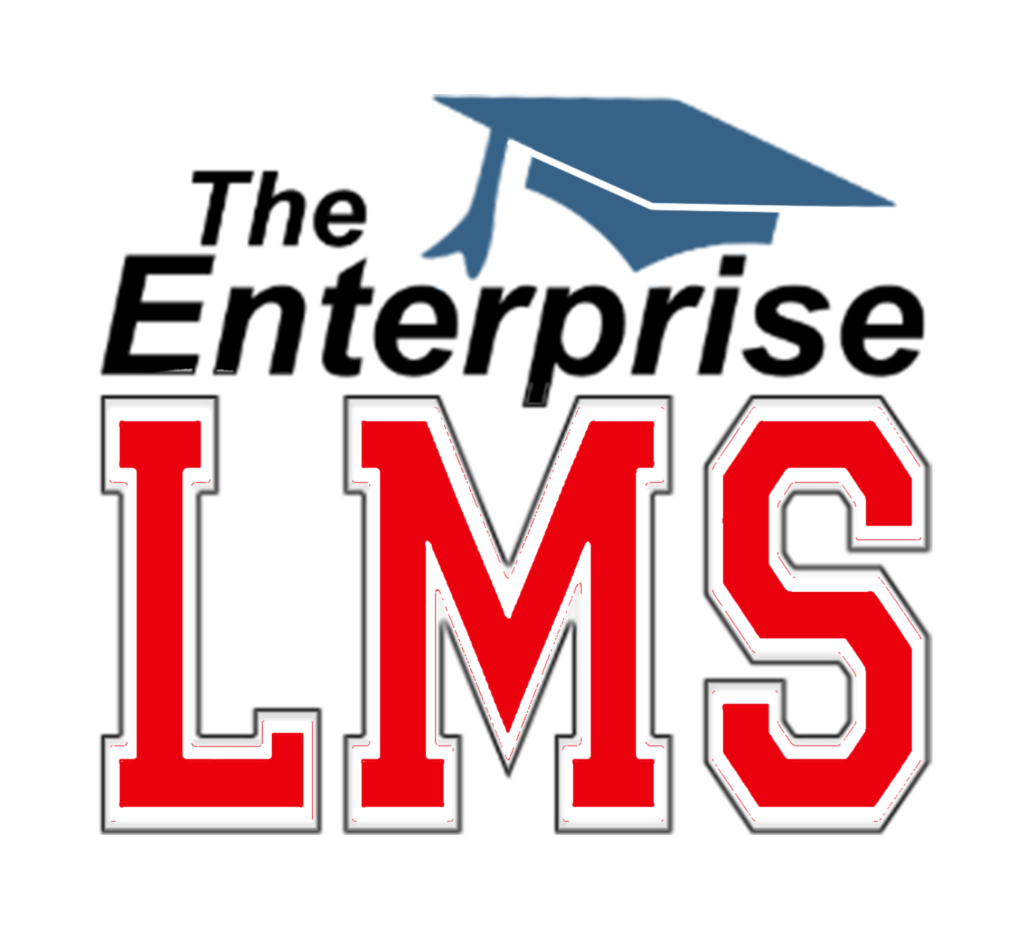
The Enterprise Learning Management System (LMS) is a robust, AI-enhanced platform designed to manage all aspects of a profit-oriented educational institution. It seamlessly integrates course creation, student management, instructor assignments, feedback processing, contract management, and AI-driven content development, making it a comprehensive solution for administrative and teaching staff in modern learning environments, in particular language schools offering online instructor-led or self-paced training.
Key Capabilities by Role:
1. Training Administrator:
- Course & Offering Management: Create and manage course offerings, track student registrations, and oversee all course-related activities.
- Instructor Assignments: Assign both marking and session instructors, ensuring efficient course delivery and support.
- Developer Assignments: Manage and monitor content development tasks, ensuring timely updates and quality control.
2. Content Developer:
- Course Development: Develop and manage course content using built-in, AI-enabled content authoring tools. Oversee the approval process for content changes.
- Activity Monitoring: Track and review content development activities, ensuring alignment with course objectives.
3. Student:
- Course Access & Registration: Register for courses, access self-paced content, and join scheduled sessions directly through the LMS.
- Training Plans: Monitor training objectives and progress through detailed training plans, including quiz results and instructor feedback.
- Attendance & Evaluation: Confirm attendance, review monthly progress, and evaluate instructors through automated prompts.
4. Feedback Manager:
- Comprehensive Feedback Management: The LMS collects and categorizes feedback from all users, together with staff responses, allowing staff to ensure prompt resolution and continuous improvement.
- Instructor & Content Evaluation: Manage evaluations of instructors and course content, driving quality through regular feedback cycles.
5. Course Instructor:
- Instructional Management: Receive and manage instructional assignments, track session attendance, and ensure all contract hours are utilized.
- Student Interaction: Engage with students through feedback, marking of quizzes, and personalized guidance based on AI interactions.
- Availability & Reporting: Maintain availability for scheduling, report session outcomes, and manage personal timesheets.
6. Pedagogical Advisor:
- Instructor Oversight: Manage assigned instructors, oversee training plans, and ensure consistent educational quality across sessions.
- Scheduling: Coordinate instructor assignments and manage scheduling conflicts, ensuring smooth operation of training programs.
7. SLE Contract Manager:
- Candidate & Contract Management: Manage Second Language Evaluation (SLE) candidates, schedule sessions, and oversee contract fulfillment.
- Automated Communication: Streamline candidate communication through automated invitations, reminders, and result notifications.
8. Training Contract Manager:
- Contract & Invoice Management: Oversee customer contracts, monitor training budgets, and manage invoicing through API integration with accounting systems.
- Customer Interaction: Provide customers with comprehensive access to training schedules, attendance records, and financial information.
9. Training Customer:
- Contract Oversight: Access detailed financial and training information, including session reports and billing data.
- Student Performance Tracking: Monitor student attendance and progress, ensuring alignment with training goals.
AI-Driven Capabilities:
- Automated Marking & Feedback: Leverage AI to score quizzes, provide real-time feedback, and engage students in personalized learning experiences.
- Content Development: Utilize AI to generate course content, quizzes, and performance tests based on instructor guidelines.
- Multilingual Support: AI-driven interactions and content support in multiple languages, enhancing accessibility and user engagement.
Conclusion
The Enterprise LMS is a cutting-edge platform designed to streamline educational operations, enhance learning experiences, and drive efficiency through AI integration. It supports a wide range of roles, from administrators and instructors to students and contract managers, ensuring that every aspect of the educational process is optimized for success.
